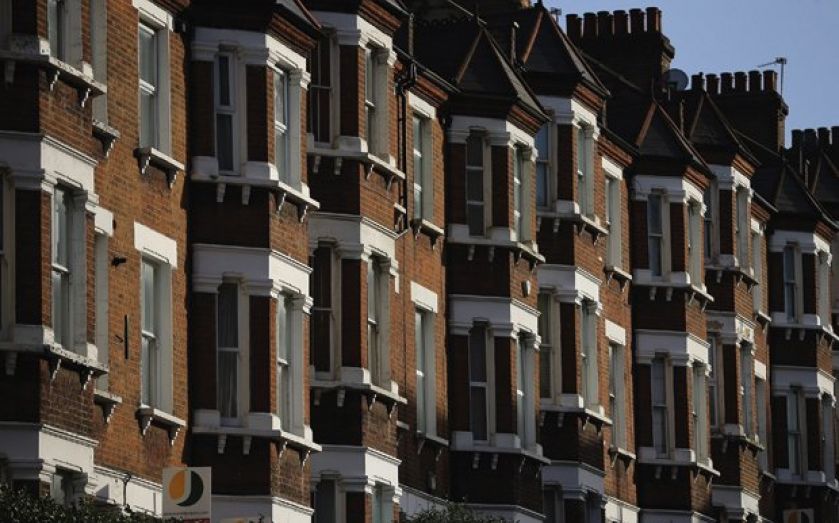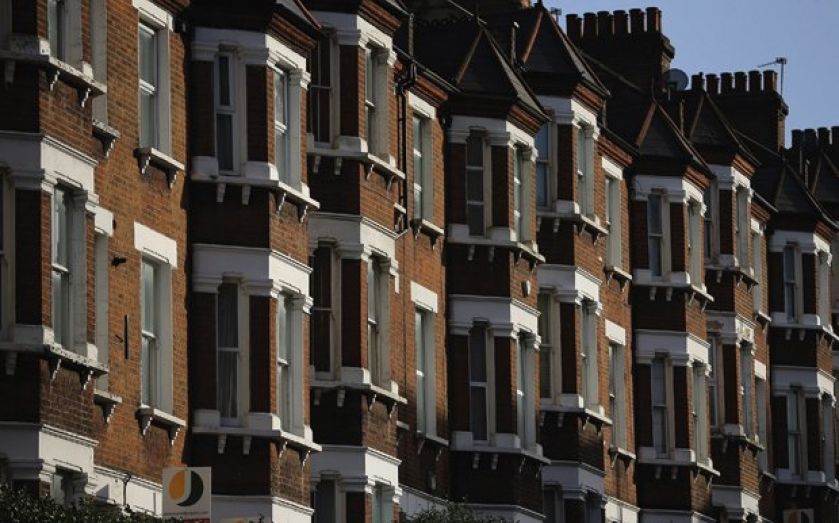
Homes for first-time buyers are at their most expensive as a proportion of take-home pay since the financial crisis.
The proportion of monthly income that first-time buyers are having to put towards mortgage repayments is returning to levels last seen in the 2008 financial crisis, according to Nationwide.
Nationwide, the UK’s third largest lender has released an affordability report based on an 80 per cent loan-to-value (LTV) mortgage at 5.5 per cent.
The amount spent monthly is worth just under 40 per cent of net pay, as reported in Estate Agent Today; this is above the long-run average of around 30 per cent and is similar to the 45 per cent levels seen in 2008.
Despite predictions of a fall in house prices in 2023, an average first-time buyer with a 20 per cent deposit will have to spend getting on for half of their take-home pay on servicing the mortgage.
This is largely due to rapid increases in house prices over the last few years coupled with slow wage growth which has caused first-time buyers to turn to family and friends for help with a house deposit.
The cost of living crisis has had an impact on nearly three quarter of potential first-time buyers, causing many to delay plans to purchase their first property to enable more time to build up their financial deposits.
Tim Leonard, a personal finance expert at NerdWallet said: “What for many was already a challenging task to get a mortgage as a first-time buyer is likely to be getting harder still. With the startling rate at which house prices are increasing, many will need to be saving an even larger house deposit, at the same time as the rising cost of living is increasing their outgoings elsewhere. “
“It’s a difficult situation, but there may be some steps that can be taken to help people fulfil their homeownership dreams, even in the current financial climate.”
Leonard said it was not impossible for first-time buyers to get on the property ladder. He suggests some simple financial housekeeping tips that could help those with a deposit.
Check your credit score
“To increase your chances of being approved for a mortgage, you need to keep on top of your credit score. Having a high credit score indicates a good track record of repaying debts on time.
“There are many online tools and services you can use to check your credit score such as through Equifax and Experian.”
Work out what you can afford
“Before you start looking for your first home, it’s important to crunch the numbers and work out how much you might be able to spend on a house, as well as the areas where you can afford to buy.
“A simple way of doing this is to use a mortgage calculator where you’ll usually be asked about your income, expenditure and deposit size, among other things. Remember also that buying a house means you’ll need to cover the cost of surveying, legal fees, and then the move itself.”
Set up a budget and saving goals
“Once you know what you can afford, it’s helpful to set a realistic budget and saving goals, as a way to work out how much you can afford to save towards your deposit each month.
“Budgeting can also help you identify where you can adjust your spending to enable you to save more money.
“Depending on what bank you use, some of their mobile apps might have built-in money saving tools that can help with managing your money. It could be helpful to do some research and find a separate budgeting tool that works best for you.
Boost your savings
“A Lifetime ISA is designed to help first-time buyers save for a first home costing up to a maximum of £450,000. The ISA can be opened at any age between 18 and 40 and you can continue adding to it until you reach 50.
“The main benefit of a Lifetime ISA is the 25% bonus the Government adds to the amount you save. As you’re allowed to put up to £4,000 into a Lifetime ISA each year, that’s a potential bonus of £1,000 to be added on top each year too.
Compare different products – always shop around
“A great way to compare mortgage deals as a first-time buyer is by comparing mortgages online that you may be eligible for, as different products will have different requirements and affordability criteria to meet. This is something you could do online for free.
“This could be useful if you plan on applying for the mortgage directly yourself, and it could end up saving you time in the long run, by not applying for mortgages that you don’t meet the requirements for
“Checking that you meet the affordability criteria for a mortgage is important, as lenders will do the same by looking at your income and spending habits to make sure you’ll be able to keep up with mortgage repayments in the future.”
The post First-time buyers spend 39 per cent of take home pay on a mortgage – Nationwide appeared first on CityAM.




